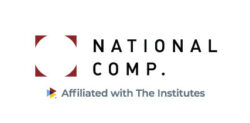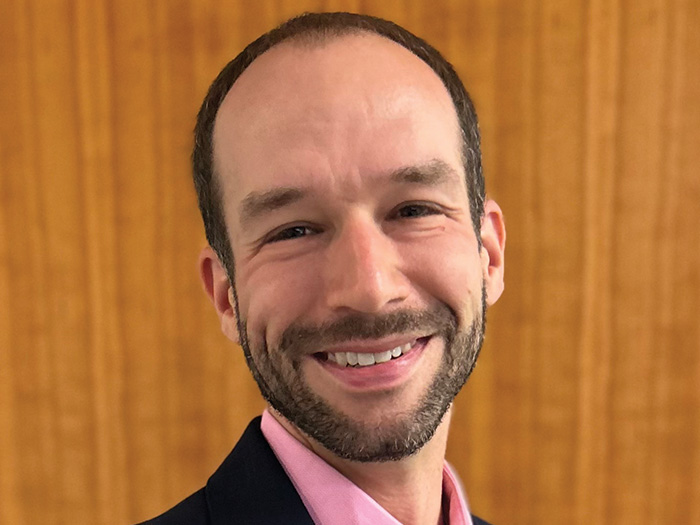Unlocking the Secrets to Injury Prevention: Cargill’s Breakthrough MSD-PRP Program

Addressing musculoskeletal concerns early in a claim is vital for its outcome.
That’s the takeaway Cargill had after implementing its MSD Preventative Response Program (MSD-PRP), developed for its Cargill Protein division.
“The protein industry is high risk for injuries,” said David Brodie, Cargill’s ergonomic lead for North America.
“It involves a lot of repetitive motions, forceful gripping, and working in challenging environmental conditions.”
The MSD-PRP is part of an overarching ergonomics program that emphasizes safety and injury reduction. It was put into place at Cargill sites that already had onsite environment, health and safety (EHS) and ergonomic and occupational health personnel working together towards reducing risks, preventing injuries and helping employees return to work.
“We saw an opportunity to be more proactive in how we addressed musculoskeletal complaints when they come into the nursing office,” Brodie said.
And they’ve seen the results.
Now, Brodie and his team will be presenting their findings and how they did it during this fall’s National Comp session: “Cargill’s Preventive Response to MSDs: How Partnerships Optimize Employee Outcomes.”
The company has been collecting and tapping into key data points to guide and justify ergonomic decisions, and during the session, Brodie’s team will address how technology can be used to support an MSD prevention program, both proactively and reactively.
Prevent Minor Concerns from Progressing
With the program in place, Brodie said the continued objective of MSD-PRP is to intervene early on when a minor strain or other concern surfaces and take measures to prevent it from becoming worse.
“We defined in a very detailed way exactly what we could do and how much we can help an employee with a low level musculoskeletal injury from progressing to a reportable injury,” Brodie said.
The program has established how teams in occupational health, ergonomics, operations and the employee can work together to find the most effective options to address symptoms early and prevent an injury from becoming a reportable incident.
Collaborating and communicating as a team, they, along with the employee, find ways for the employee to reduce their exposure until their body recovers.
Some of the ways that may happen include moving the employee temporarily to another job function or modifying their work station.
Partnerships Foster Better Outcomes
One of the important parts of the program is that the health concern is managed by the health & safety and operations teams.
The employee must agree to the changes — such as doing a different job for a few days — to help their muscles rest until their health concerns improve, Brodie added.
The program documents communication between the different participants and outlines how to evaluate the employee’s needs, as well as how to establish control options that enable the employee to get better.
During the session, Brodie intends to cite case studies of how the program has worked at Cargill.
“We’ll have a couple of case studies to talk about how the program worked with employees and what that looks like,” Brodie said.
A main goal of the session will be to describe how the partnership between the health & safety department, operations and employees was developed.
“They are always communicating, because that’s the way our locations are set up,” Brodie said. “It can be done, and it can lead to improved levels of reacting to and managing employee symptoms.”
Documenting the process is crucial, “because it can show a clear set of decisions and that they didn’t cross a barrier for reportability,” he said.
MSD-PRP is currently used at one-third of Cargill’s protein facilities. Brodie said the program is voluntary and was launched at sites that had higher injury rates.
“Some plants grabbed on to the program right away and said, ‘When can we start?’ ” he said.
“Other facilities had to take time to prepare and ensure they had the right people in place.”
Another key aspect of the program is the documentation of the physical demands of all jobs, which aids in making appropriate decisions.
“That data is used for describing the functions of company jobs and for making sure we’ve moved an employee to a job that will have lower exposure,” Brodie said.
“For example, in the case of a shoulder injury due to reaching, the data can help us decide how to give that shoulder less work for the next few days.”
Thorough Documentation Is Key to Preventative Response
Currently, Cargill Protein is collecting data from the physical demand assessments and newly gathered motion data from wearable technology that is used to define and document ways to reduce exposure to aggravated areas.
“Results are tracked to evaluate the outcomes for employees, and conversion rates are tracked to illustrate how many employees recover and do not progress to a reportable injury status,” Brodie said.
One challenge the program faces is coping with the increase in required documentation. Brodie is actively working to streamline and enhance the efficiency of this process.
But documentation is crucial to the program’s success.
“A lot of companies are doing something similar with processes often referred to as early intervention,” Brodie said.
“What I believe is different about MSD-PRP is the level of documentation and data we are using to make decisions.”
Data Makes the Difference
“If you do it right and have the right data, you can be legally compliant and effective,” he said.
“A lot of people think this is risky. It is actually not risky. If you do it right, it’s the right thing to do.”
His next step is to expand the program to more Cargill Protein sites.
“It’s the kind of program where everybody wins,” he said. “The employee gets better, and we don’t have the costs that are incurred when a higher level of treatment is needed.” &
 Want to learn more about the case studies at Cargill? David Brodie will share his insights, as well as provide attendees with relevant data and information on tackling MSDs well before they are a claims cost driver at National Comp 2023.
Want to learn more about the case studies at Cargill? David Brodie will share his insights, as well as provide attendees with relevant data and information on tackling MSDs well before they are a claims cost driver at National Comp 2023.











